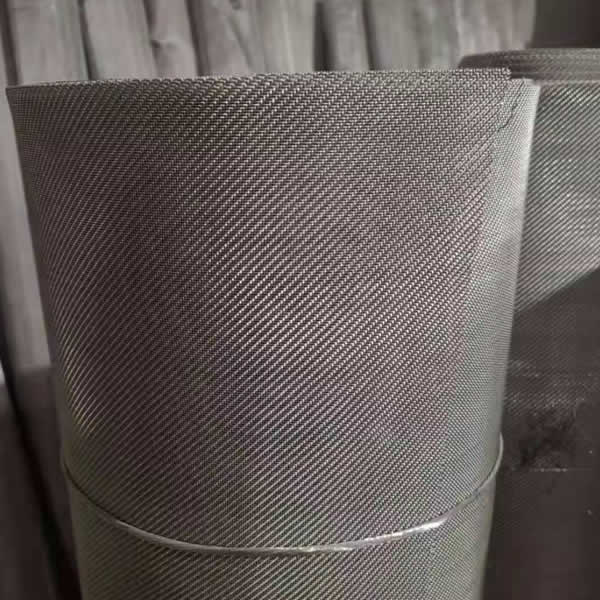Stainless steel wire mesh products are categorized based on material grades, weaving techniques, manufacturing methods, applications, and structural designs.
By Material Grade
- Common Types:
- 304/304L: General-purpose, corrosion-resistant for food processing and architecture.
- 316/316L: Enhanced acid/alkali resistance, ideal for chemical and marine environments.
- 310S: High-temperature tolerance (up to 1150°C), used in furnaces and aerospace.
- 201/202: Cost-effective for lightweight applications like decorative mesh.
By Weaving Technique
- Plain Weave: Basic crisscross pattern for standard filtration (e.g., 1–300 mesh).
- Twill Weave: Diagonal interlacing for finer filtration (100–600 mesh), used in labs and pharmaceuticals.
- Dutch Weave: Ultra-dense mesh (600–3200 mesh) for high-precision industries like oil filtration.
By Manufacturing Method
- Woven Mesh: Includes plain, twill, and Dutch weaves for flexible applications.
- Welded Mesh: Electrically welded joints for rigid structures (e.g., fencing, grilles).
- Punched/Perforated Mesh: Mechanically punched holes for heavy-duty screening.
- Expanded Metal Mesh: Stretched sheets for lightweight durability in construction.
By Application
- Industrial: Mining sieves, oilfield mud screens. Chemical filtration and acid washing.
- Food/Pharma: Hygienic 316L mesh for liquid/gas filtration.
- Architectural: Decorative panels, ceiling grids, and safety guards.
- Agriculture: Soil/seed screening and greenhouse insect barriers.
By Structural Design
Dense Mesh (Dutch/Twill): Micron-level precision for labs or aerospace.
Square Mesh: Uniform openings for general screening
Rectangular (Long) Mesh: Slotted holes for directional filtering (e.g., vibrating screens)





